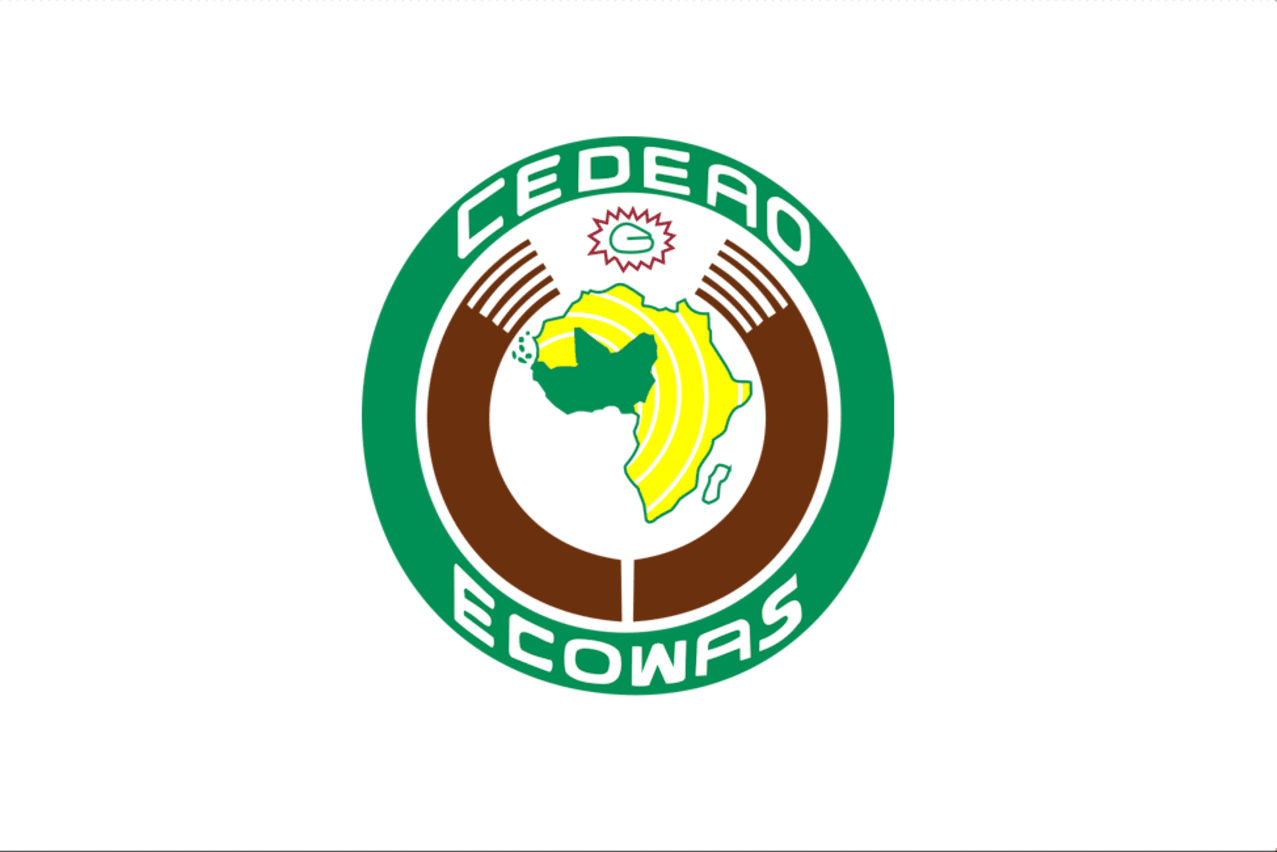The Economic Community of West African States (ECOWAS) is confronting significant challenges as it grapples with political instability, corruption, and human rights violations within its member states. A particularly troubling development is the recent withdrawal of three key member nations—Mali, Burkina Faso, and Niger—following a series of military coups. These departures have strained ECOWAS’s unity, but the organization is pursuing bold initiatives to address governance issues while also fostering economic growth and regional integration. Among these initiatives is the ambitious plan to build a modern highway and railway network designed to boost trade, create jobs, and potentially offer a lifeline that could entice the dissenting states to rejoin the bloc.
The Withdrawal of Mali, Burkina Faso, and Niger: A Blow to Regional Unity
The departures of Mali, Burkina Faso, and Niger from ECOWAS have been a severe blow to the organization, which has long prided itself on regional cooperation and political integration. The three countries, all of which have been governed by military juntas since 2020, announced their exit from ECOWAS in protest against the bloc’s sanctions and calls for the restoration of civilian governments. These nations’ withdrawal reduces the ECOWAS membership from 15 to 12 and removes 76 million people from the regional bloc, a significant portion of the region’s population and geographical area.
The reasons behind the withdrawal are complex, with the military regimes in these countries portraying ECOWAS as an external force that does not respect their sovereignty. However, ECOWAS’s efforts to push for democratic governance have been undermined by a lack of consistent enforcement of its own protocols on democracy and good governance. While ECOWAS has responded to the coups with sanctions, including the suspension of the three countries, these measures have failed to bring about a change in leadership, and the military regimes remain defiant.
A New Highway and Rail Corridor: A Potential Economic Lifeline
Amid these political setbacks, ECOWAS is focusing on an ambitious infrastructure project that could serve as a catalyst for economic growth and regional cohesion: the construction of a 1,028-kilometer (689-mile) highway and railway network that will connect Abidjan (Ivory Coast) to Lagos (Nigeria), passing through Ghana, Togo, and Benin. With $15.6 billion in funding already mobilized, this project is scheduled to begin in 2026, with an ambitious completion target of 2030.
The proposed infrastructure aims to modernize the transport corridor along the West African coast, connecting several major urban centers such as Abidjan, Accra, Lomé, Cotonou, and Lagos. This corridor will be vital for improving the flow of trade between the coastal economies, which are already the most prosperous in the region. The highway will not only facilitate smoother transit for goods but also enhance economic integration by reducing trade barriers and fostering stronger connections between countries.
In addition to the highway, the plan includes the construction of a railway line along the same route, which will further boost trade and transport efficiency. The creation of these infrastructure links is expected to generate up to 70,000 jobs, including in construction, engineering, and other sectors. By improving access to markets and reducing logistical costs, the new transport network could also attract foreign investment, making the region more competitive on the global stage.
Bridging the Divide: Can Economic Growth Bring Dissident States Back?
While the loss of Mali, Burkina Faso, and Niger is a significant setback for ECOWAS, the new highway and railway project could offer a potential pathway to reintegrate these countries in the future. The transport corridor has the potential to provide a much-needed lifeline for the landlocked Sahelian states, which are heavily reliant on their coastal neighbors for trade, transport, and access to vital resources.
For instance, Niger and Mali depend on ports in Ivory Coast and Nigeria for the export of goods such as livestock, onions, and potatoes. Millions of people from these countries also work in neighboring coastal states, contributing to agriculture, mining, and other sectors. Therefore, the economic benefits of the proposed infrastructure could encourage these countries to reconsider their decision to leave ECOWAS, particularly if the transport corridor leads to increased prosperity and better job opportunities.
The growing trade and investment facilitated by the highway could act as a soft power strategy, demonstrating to the dissenting states that regional integration can provide tangible economic benefits. Just as the European Union (EU) used economic growth and trade integration to attract former communist countries, ECOWAS may find that a similar strategy of fostering prosperity could lure Mali, Burkina Faso, and Niger back into the fold.
Addressing Human Rights and Governance: ECOWAS’s Commitment to Reform
ECOWAS’s response to human rights violations and poor governance among its members has been an ongoing challenge. Despite its founding principles of promoting democracy, peace, and good governance, the organization has struggled with consistent enforcement. The military coups in Mali, Burkina Faso, and Niger have highlighted the difficulty ECOWAS faces in maintaining its own democratic standards, particularly in the face of rising nationalism and anti-Western sentiment in some member states.
To address these concerns, ECOWAS has taken steps to strengthen its commitment to human rights and the rule of law. The ECOWAS Protocol on Democracy and Good Governance has been a cornerstone of the organization’s efforts to ensure the peaceful transfer of power and the protection of human rights across the region. However, the protocol’s effectiveness has been questioned, as sanctions and diplomatic pressure have often failed to reverse the actions of military regimes.
In response to this challenge, ECOWAS has increasingly focused on improving governance within its own institutions. Efforts to combat corruption, promote transparency, and support democratic reforms at the national level are key areas of ongoing work. ECOWAS has also sought to work closely with regional bodies like the African Union and the United Nations to address human rights issues more effectively.
However, the success of these efforts is mixed, and ECOWAS continues to face significant hurdles in restoring confidence in its ability to promote good governance. With the withdrawal of key members, the organization is now faced with the challenge of maintaining its relevance and authority while also addressing the governance challenges that have led to the recent instability in the region.
Conclusion: A Path Toward Unity and Prosperity?
The withdrawal of Mali, Burkina Faso, and Niger from ECOWAS represents a critical moment for the organization, but it also highlights the complexities of regional cooperation in West Africa. ECOWAS’s efforts to strengthen governance and human rights in the region will be key to restoring its credibility and unity.
At the same time, the ambitious highway and railway project has the potential to offer a new path forward. By fostering economic integration and improving trade, ECOWAS could build the prosperity needed to bring together disparate countries under its fold once again. If the infrastructure project succeeds in boosting regional economies and creating jobs, it may serve as a powerful incentive for the disenchanted states to return to the fold, highlighting the potential of economic growth as a force for political and regional stability.
As ECOWAS navigates its current challenges, its ability to balance political, economic, and human rights concerns will be tested, but the path toward unity and prosperity remains open—if the right steps are taken.
References
- ECOWAS Protocol on Democracy and Good Governance (2001)
- African Development Bank – Transport Corridor Projects
- The Impact of ECOWAS Membership on Regional Stability – West Africa Governance and Politics Reports
- The European Union’s Model for Regional Integration and Economic Growth
| Image by | Lil Tabascan |


